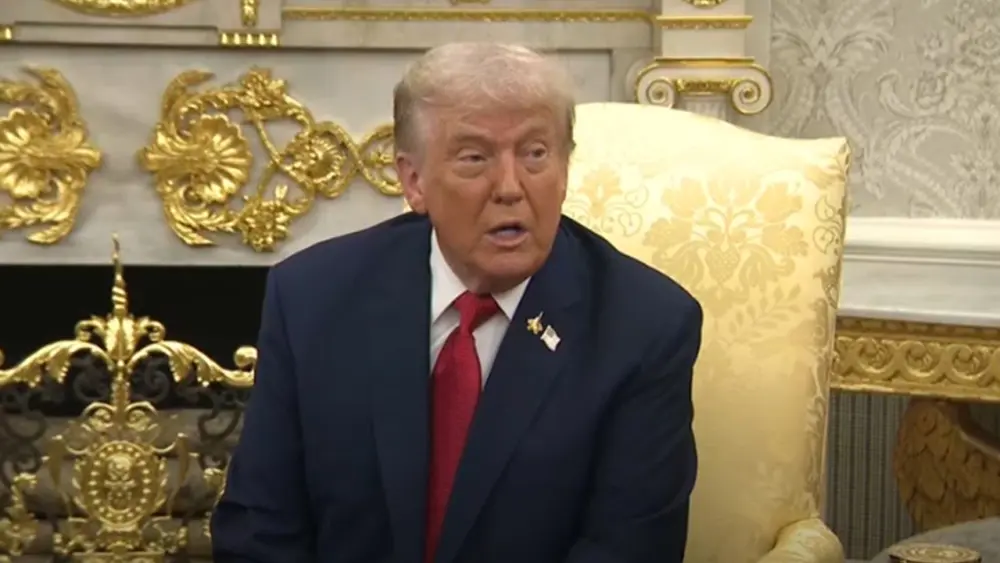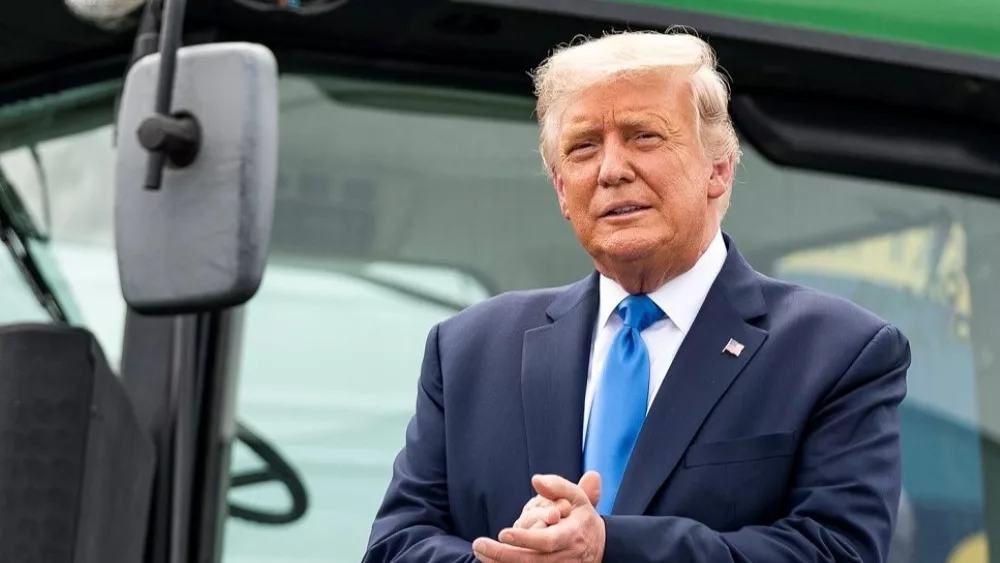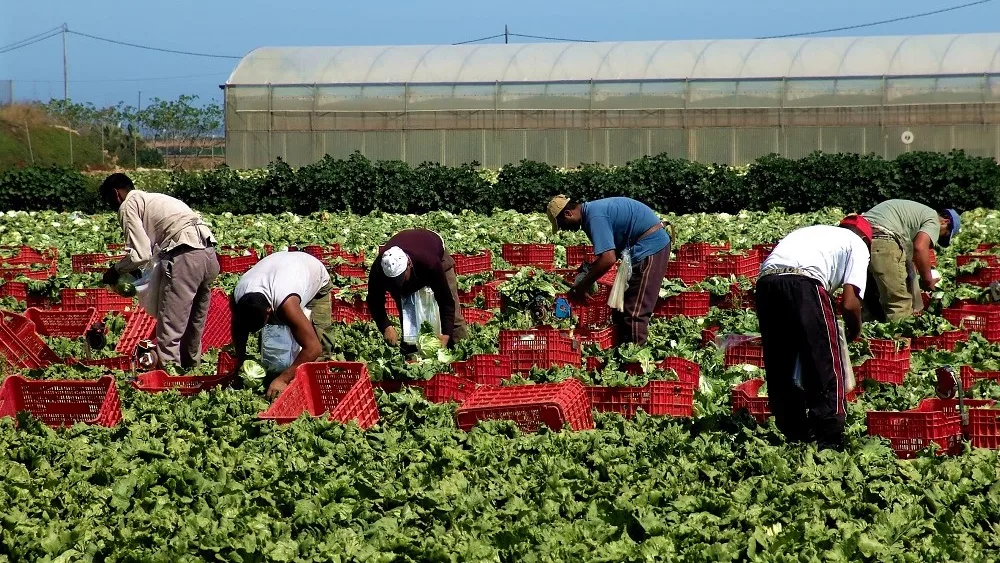
We don’t know for sure that Indiana farmer and agribusinessman Kip Tom is under consideration for U.S. Secretary of Agriculture, but if any folks in the Trump Administration happen upon this corner of the internet, I’m here to tell them Mr. Tom should be.
Let’s concentrate for a moment what the U.S. Department of Agriculture is: a massive organization with 100,000 employees, 29 agencies, and over 4,000 offices around the country. To compare, Purdue University—all of it—employs about 15,000 people.
In many ways, USDA runs like a business. It receives money (mostly from federal tax dollars, but some from fees), and hires, fires, provides services and enforces regulations. Even more than day-to-day services provided by USDA, the Ag Secretary’s job is focused on ag policy and as a cheerleader for American agriculture.
Of the last eight Ag Secretaries, seven of them were lawyers or held an MBA. You can understand ag policy as much as you want, but there’s something to be said for having qualification in the (literal) field. The last farmer to head USDA was John Block in the Reagan administration. That’s thirty years of lawyers and politicians making decisions as agriculture changed.
This administration is in a peculiar position. The President-elect has never held political office. He has never taken a position on agriculture policy, and as a New York City developer, he knows about farming about as much as I know about astrophysics. So, unlike Tom Vilsack, who defended the President’s positions on ag policy, whoever wins Senate approval in the Trump administration may be key in shaping ag policy for the entire administration.
The President-elect and the Vice President-elect know that rural America is largely responsible for their pending moves to Washington, D.C. Without huge portions of rural Pennsylvania, Iowa, Michigan, and Wisconsin, Hillary Clinton would be preparing to raise her right hand on January 20th. It is imperative that the Trump administration listen to a segment of the population that has felt left behind by politicians in Washington and who live in communities with few jobs outside of agriculture.
Kip Tom appeared on initial lists of potential candidates for the Ag Secretary job shortly after Trump won the election. But, he had fallen a bit out of public discussion as discussion dragged on around former Georgia Governor Sonny Perdue, Idaho Governor Butch Otter, or several other potential candidates that have been paraded through the lobby of Trump Tower. If the transition hasn’t named one of those potential “leaders” yet, there may be a reason Trump is continuing the search.
Mr. Tom does not look like your traditional bureaucrat. He doesn’t have a law degree. He knows how to drive a tractor. But he isn’t your traditional farmer. His enterprise grew to more than 20,000 acres across two continents, and has been a leading advocate for rural development in Indiana. He’s as comfortable in a suit as he is in blue jeans. Some will pan him as a “corporate” farmer, though Tom’s children run the farm business and Kip’s leadership built his small generational farm into a world class operation.
The downturn in the farm economy has amplified the struggle facing rural America. Roads are crumbling, schools are failing, and there are no jobs for young people to come home to. With a Farm Bill about to expire and a new political reality in Washington, policies must be shaped to benefit rural areas.
Tom has been criticized for payments his farm received under previous farm bills, though he has been open in his disdain for government intervention into agriculture. Having a leader who can sit with House and Senate leadership to explain why and how things happen on a farm and why they’re important goes a long way in building a new Farm Bill from scratch.
Maybe most beneficial if Tom became Ag Secretary would be his longstanding support of biofuels and trade. He understands the environmental and economic benefits of ethanol and has long been an advocate to preserve and strengthen the Renewable Fuel Standard. And as the President-elect has traveled around the country and left many ag observers fearing a trade war with China, Tom could have the influence in the administration to try to (nothing is certain with Team Trump) reel in some of the rhetoric and try to build export markets for grain, dairy, eggs, meat, and poultry.
Full disclosure, I know Mr. Tom well and I spoke with him by phone Tuesday morning. He politely declined to comment.
Our world is changing. Agriculture is changing. We need vocal leaders and advocates for family farms in Washington, D.C. And as the cabinet is filling with politicians, billionaire executives, and retired military, it would benefit rural America to have a rural voice fighting for them.
Patrick Pfingsten is an agricultural communications and policy professional based in Indianapolis. He can be reached patrick@pfcomms.net.




